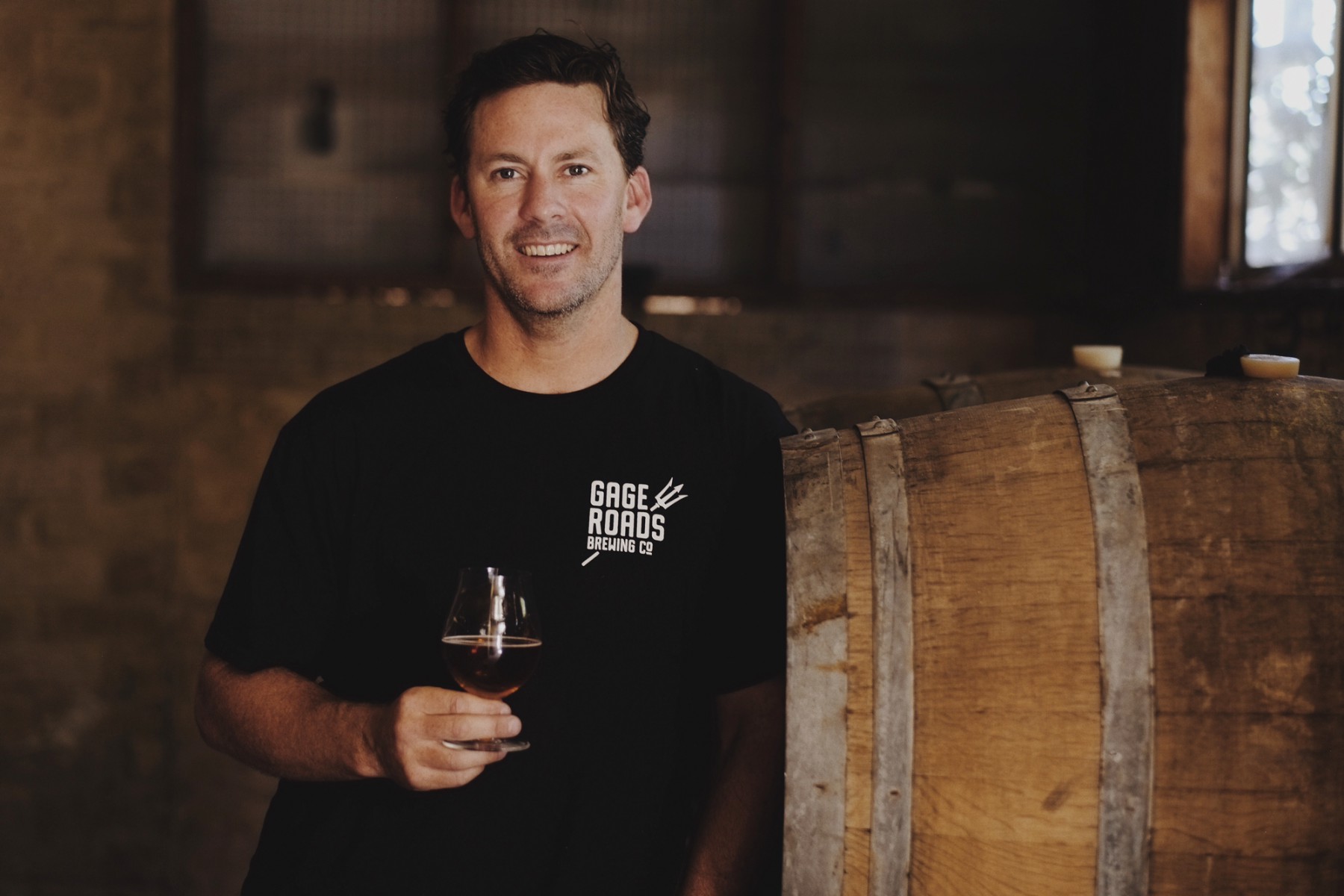
External safety audit vital for breweries: Gage Roads

Gage Roads chief operating officer Aaron Heary
Gage Roads Brewing Company has largely eradicated workplace safety incidents after introducing comprehensive new safety policies following an external audit, chief operating officer Aaron Heary has revealed.
At the Craft Brewers Conference earlier this year, Heary said Gage Roads had experienced an increase in workplace injuries after expanding its annual production volume from 50,000 cases to more than one million cases in the space of two years.
“We introduced a whole lot of new people into our brewery and it put us under a lot of stress, so all the systems in the brewery came under stress, from training to quality systems, and our managers were under pressure, our staff were under pressure,” Heary said.
“I was petrified that with this new group of untrained people that I was operating 24 hours a day, seven days a week bottling and brewing, that it was a really dangerous environment.”
Heary commissioned an external audit of the brewery’s safety procedures as the first step of addressing the culture around safety within the brewery.
“Firstly it tells you if you’re good or bad. I knew it was going be bad, we proved our whole organisation was bad, but it provided us an impetus for change. Secondly it just gives you a platform for, ‘where do I need to improve?’,” he said.
To address the safety issues revealed by the audit, Heary appointed James Penny – a health and safety professional with a background in the mining industry – to the new role of health, safety & HR manager.
Penny told delegates that Gage Roads’ safety record was on a dangerous trajectory at the time he joined the business.
“I think we had about five LTI (Loss Time Incidences) in about a year and a half, which is not good for any business… so it’s a scary thought, and when you see a trend like that, it’s going to lead to bigger and nastier things,” he said.
Heary and Penny stressed the importance of setting a budget to address safety issues. They said management must lead by example, if breweries want to ensure the continued cultural acceptance around reporting safety practices and incidences by all employees in the company.
“We really wanted them to adopt safety culture from the floor up, and that’s the only way this is going to be effective is if your staff are the ones reporting the hazards are reporting the incidences,” said Heary.
They said staff must not be ostracised or made to feel like troublemakers when they report any safety concerns.
“Foster an environment where people feel comfortable to come to you and say anything,” Penny said.
“It doesn’t matter how minor or how major it is, they should feel comfortable to come to you.”
Penny said brewers should have an incident reporting tool that standardises some of the information coming in, including the type of injury and how and where it happened.
“You want to get some data out of it so you know where you’re having issues… then you can start addressing them,” he said.



